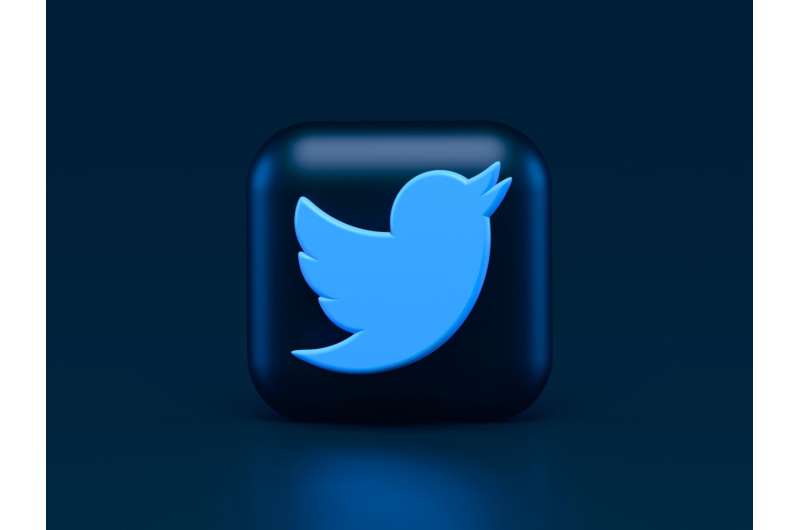Credit: Unsplash/CC0 Public Domain
In the latest turn of Twitter's blue check mark imbroglio, Elon Musk is giving the check for free to high-powered users—which could land him in legal hot water, some experts say.
Public figures including author Stephen King and Lakers star LeBron James have tweeted about not being willing to pay the $8-a-month subscription Musk implemented for the blue check mark, yet it remains on their profiles.
Beyond angering celebs, however, Musk's move could be flouting U.S. Federal Trade Commission regulations surrounding consumer protection and false advertising.
"If I don't want a blue check but Elon gives me one anyway, indicating I've paid and endorsed his gonzo system when I haven't, isn't this fraud under the FTC Act?" tweeted former Labor Secretary Robert Reich on Sunday. Reich's check mark has since been removed.
When Tesla founder and billionaire Musk bought the social media giant for $44 billion last year, he quickly launched the Twitter Blue subscription service that would grant users a blue check mark among other features such as editing tweets, fewer ads and longer tweets.
Twitter's previous verification system, launched in 2009, was intended to prevent impersonations of high-profile accounts such as those of celebrities and politicians. Musk allowed users to keep their legacy verified check marks until a mass purge April 20.
Accounts that remained had a blue check mark which, when clicked, said the following: "This account is verified because they are subscribed to Twitter Blue and verified their phone number."
Many of those users did not pay for Twitter Blue, however, and were gifted the blue check by Musk. Musk confirmed in a tweet that he was personally paying for the blue checks of William Shatner, LeBron James and King.
This could violate federal law, said John Davisson, director of litigation and senior counsel at the Electronic Privacy Information Center.
"If you are trying to attain revenue by marketing a premium service on your social media platform, and you indicate that lots of famous celebrities and influencers with large follower accounts have paid for that product," Davisson said, "that would be a misrepresentation about the product or service."
By giving out free subscriptions, Musk is essentially trying to induce people to sign up using celebrity endorsements.
"It's pretty clear that they understand the value of star power and they have chosen to re-institute Twitter Blue for those users because they think it will sort of lend additional legitimacy to the product," Davisson said.
Section 5 of the Federal Trade Commission Act prohibits "unfair or deceptive acts or practices in or affecting commerce," and the Lanham Act, which establishes trademark law, also include a false advertising clause that could apply in this scenario, Davisson said.
The FTC did not respond to a request for comment.
In an email, Twitter responded to a request for comment with an autoreply of a poop emoji.
Many celebs are disgruntled at the appearance that they would pay for the formerly coveted verification mark that now has become a lightning rod for Musk politics.
"Despite the implication when you click the blue badge that has mysteriously re-appeared beside my name, I am not paying for the 'honour,'" actor Ian McKellen tweeted.
Attorney Todd Friedman, however, said it might not necessarily be a surefire case from a consumer protection angle.
Friedman, whose firm focuses on consumer rights, compared Musk's actions to those of a manager at a store giving freebies to his friends. He also pointed out the language used when one clicks on the blue check, which says the user is subscribed to Twitter Blue and not that they paid for Twitter Blue.
"I don't know if that's a stretch to say that the person subscribed to it ... they just got it for free," Friedman said.
2023 Los Angeles Times.
Distributed by Tribune Content Agency, LLC.
























